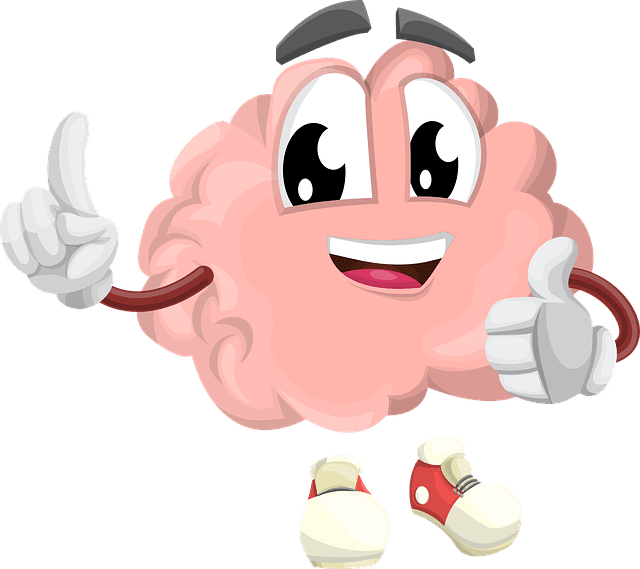Discipline #1 of 5 – Personal Mastery
Creating organisations that are capable of continually adapting to changing realities demands new ways of thinking and operating. However, the dysfunctions of traditional management systems keep many organisations in perpetual fire-fighting mode with little energy for innovation.
The time for an alternative system of management has arrived. It is based on love rather than fear, curiosity rather than an insistence on “right” answers and learning rather than controlling.
In the ‘learning organisation’ there is no victorious conclusion. It plays an infinite game. It engages with a practice. The learning organisation never arrives – it is always in the process of becoming, constantly in the process of recreating itself.
It is comparatively easy to help organisations to learn when they are facing a crisis. What is less easy is to enable them to learn continually. This requires moving learning from being perceived as a mandatory requirement to being embraced as a requirement for individual and collective growth, a requirement for life.
Discipline # 1 Personal Mastery
While individual learning does not guarantee organisational learning, without it – organisational learning cannot occur.
Peter Senge defines personal mastery as living one’s life as a creative work, living life from a creative as opposed to a reactive viewpoint. It is a discipline of continually focusing and refocusing on what you truly want and using the tension between your current reality and what you want as a source of creative energy.
Organisations who want to foster a culture of personal mastery will not succeed by rolling out compulsory training programmes. Executive coaching might provide a way forward.
Organisations can create a culture of personal mastery by making it safe for their people to have an alternative vision, where commitment to embracing truth and reality is the norm and where challenging the status quo is expected.
The core leadership strategy is simple: be a model. Commit yourself to your own personal mastery.
Return to Home
More Insights

Share this on...